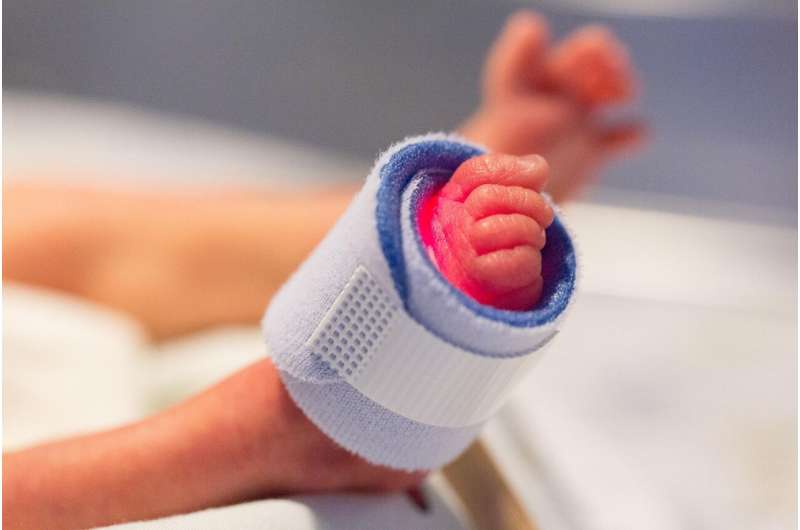Comprehensive Overview of Breast Cancer Care in Ethiopia: Diagnosis, Treatment, and Survivorship Support

Discover how Ethiopia is advancing breast cancer diagnosis, treatment, and culturally tailored psychosocial support to improve patient survivorship outcomes.
Breast cancer remains a significant health challenge in Ethiopia, with increasing awareness and evolving treatment options. Recent studies highlight innovative approaches to improve patient outcomes, focusing on both medical treatment and psychosocial support. A notable development is the establishment of Ethiopia's first peer-led psychosocial support group at Adama Hospital Medical College (AHMC), co-founded by local oncologists and breast cancer survivors. This culturally adapted support model utilizes traditional Ethiopian practices, such as the coffee ceremony, to foster community engagement and emotional well-being among patients.
Research published in the Journal of Cancer Survivorship emphasizes the importance of integrating mental health services into cancer care, especially in resource-limited settings. The study involved qualitative interviews with 44 women diagnosed with breast cancer, revealing the positive impact of peer support in navigating the emotional and psychological challenges of cancer treatment.
Collaborative efforts between Ethiopian healthcare professionals and academic institutions like the City University of New York have been crucial in developing scalable psychosocial interventions. These programs not only address mental health needs but also promote resilience and hope among survivors.
Addressing breast cancer comprehensively involves improving diagnostic services, expanding access to treatment, and establishing culturally sensitive psychosocial support systems. Such integrated approaches are vital for enhancing the quality of life and survivorship experiences of women battling breast cancer in Ethiopia.
This development underscores the importance of sustainable, community-based support frameworks that align with local cultural contexts, offering a model that could be replicated across similar settings in Sub-Saharan Africa.
Source: https://medicalxpress.com/news/2025-07-breast-cancer-diagnosis-treatment-survivorship.html
Stay Updated with Mia's Feed
Get the latest health & wellness insights delivered straight to your inbox.
Related Articles
Microplastics Detected in Human Reproductive Fluids Raise Health Concerns
A groundbreaking study reveals the presence of microplastics in human reproductive fluids, raising concerns about potential effects on fertility and reproductive health. Researchers found microplastics in over half of follicular and seminal fluid samples, highlighting the pervasive nature of plastic pollution in the human body.
Innovative Low-Cost 'SimpleSilo' Could Transform Treatment for Babies with Gastroschisis Globally
A low-cost, easy-to-manufacture device called SimpleSilo offers a new hope for treating gastroschisis in low-resource settings, potentially saving thousands of infant lives globally. Developed by Rice University engineers, it replicates expensive silo bags at a fraction of the cost, making lifesaving neonatal care accessible worldwide.
Gut Microbiome in Extremely Low-Birth-Weight Infants Influences Lung Damage Development
New research links gut fungi in very-low-birth-weight infants to the development of lung damage, suggesting potential for innovative therapies targeting the microbiome.



